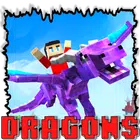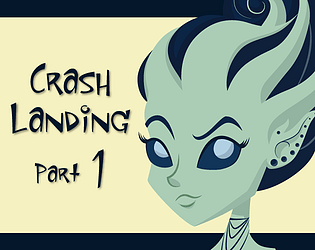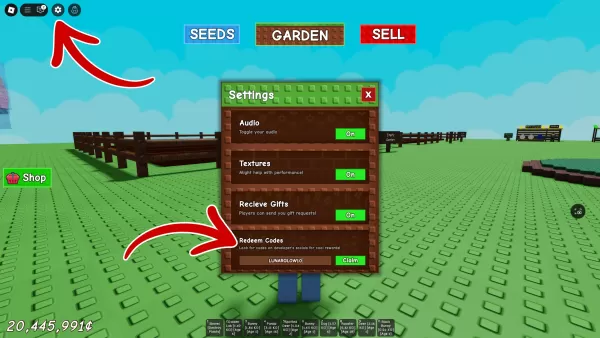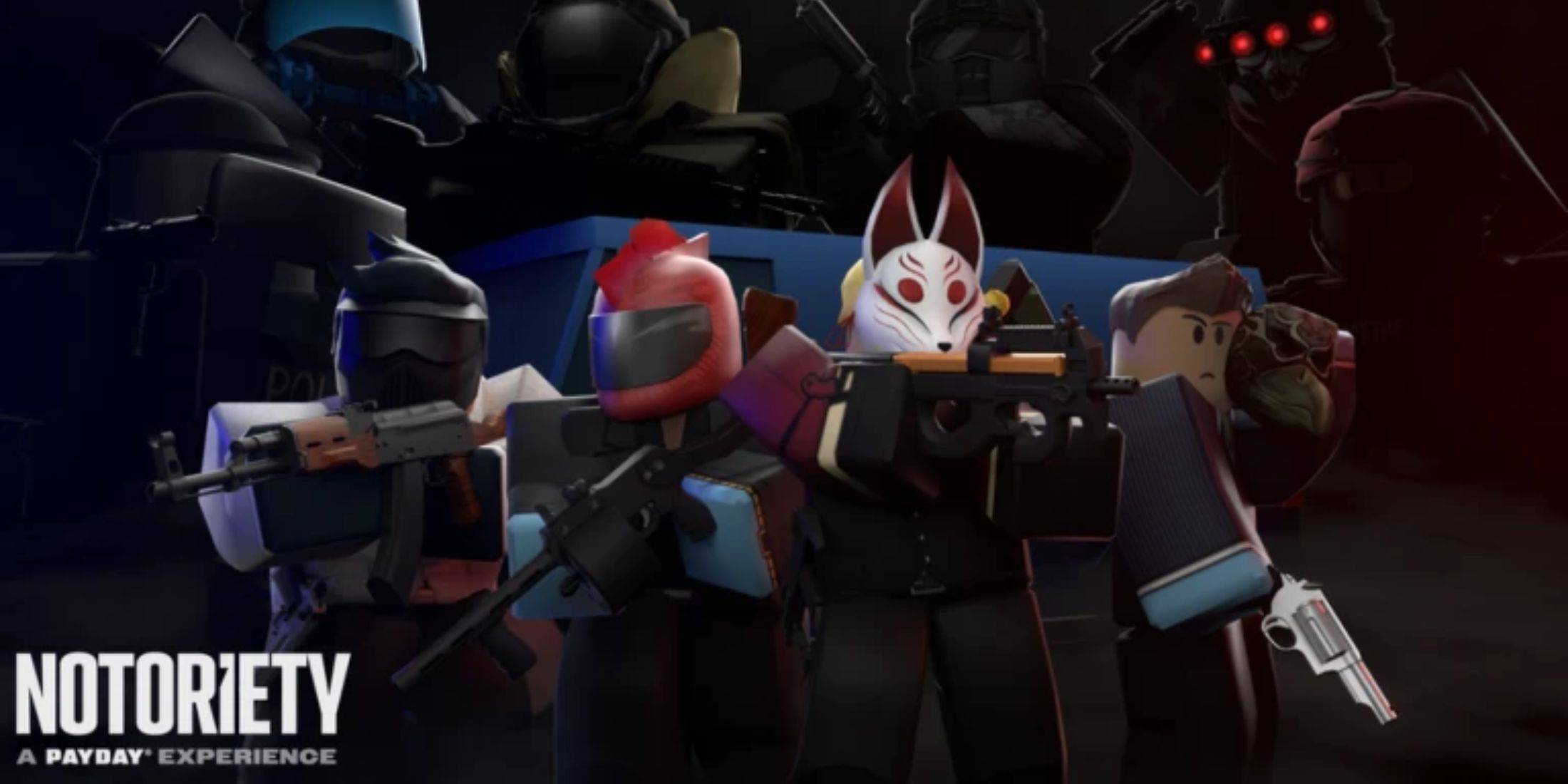Former Bethesda Exec on Studio's Change Post-Fallout
Over the past few decades, Bethesda Softworks, the studio behind Fallout, has navigated countless changes—and former marketing chief Pete Hines witnessed nearly all of them.
In a recent interview with DBLTAP, Hines reflected on Bethesda's journey to becoming a powerhouse in the gaming world. He not only shared his perspective on the company’s early days but also recounted how its biggest triumphs and toughest setbacks helped forge the studio we know today.
When it was working, it was magical.“
Hines joined Bethesda in October 1999 and played a key role through major launches—from The Elder Scrolls III: Morrowind in 2002, to Skyrim in 2011, and Fallout 76 in 2018. He remained a central figure throughout Microsoft's acquisition of Bethesda’s parent company, ZeniMax Media, a deal finalized in 2021, before announcing his retirement in 2023.
Hines concluded his 24-year tenure at the company, yet some of his fondest memories come from the quieter moments spent working alongside ZeniMax founder and CEO Robert Altman, who passed away in 2021.
“It was Robert Altman's company, and we were his employees, no question,” Hines noted. “But he treated us as family, and we cultivated a culture that truly resonated with us. When it was working, it was magical. As a small private company, it was much easier to avoid public scrutiny without having to publish earnings reports for the whole world to see.”
Now operating under the Microsoft umbrella, Bethesda oversees a diverse group of game studios. These include its internal development team, Bethesda Game Studios, as well as id Software (creators of Doom), Arkane Studios (developers of Deathloop), MachineGames (known for Wolfenstein), and ZeniMax Online (the team behind The Elder Scrolls Online).
While fans look to Bethesda for everything from groundbreaking RPGs to tightly crafted shooters, the company saw a reduction in its studio lineup in 2024. Just three years after completing its acquisition, Microsoft announced the closure of Arkane Austin, the studio behind Redfall, and Tango Gameworks, developers of Hi-Fi Rush (Tango was later acquired by Krafton).
There's just no question that the company is not the same.“
Bethesda has undergone significant transformation, both before and after the Microsoft acquisition. For better or worse, Hines acknowledges that the company he joined in 1999 has evolved in profound ways.
“There's just no question that the company is not the same,” he added. “It has been fundamentally reshaped from the organization we originally built. That’s just how things are—landscapes shift, industries evolve. But at its peak, being part of Bethesda was something truly special.”
Elsewhere in the interview, Hines also discussed his efforts to rename Arkane’s Prey, shared his views on subscription services such as Game Pass, and recalled the fallout from Fallout 76’s launch—which he says resulted in “probably the dumbest thing” he ever did at the company.
For more, check out our coverage of how Bethesda became the first Microsoft-owned studio to fully unionize, and discover why one longtime developer believes games like Fallout and The Elder Scrolls will always feature loading screens.
-
The Sony DualSense stands out as the premier PS5 controller, thanks to its innovative features, comfortable grip, and ergonomic design that enhance your PlayStation 5 gaming experience. Connecting it to a high-performance gaming PC might seem challenAuthor : Aria Feb 23,2026
-
Figment 2: Creed Valley delivers a surreal action-adventure experience for iOS players. Step into a world where the human mind comes alive - where melodies become landscapes and battles transform into musical performances. You'll play as Dusty, the vAuthor : Owen Feb 21,2026
- Black Ops 6 Zombies: How To Configure The Summoning Circle Rings on Citadelle Des Morts
- Roblox: Latest DOORS Codes Released!
- Harvest Moon: Lost Valley DLC and Preorder Details Revealed
- Silent Hill 2 Remake Coming to Xbox and Switch in 2025
- Roblox: Blox Fruits Codes (January 2025)
- Roblox: Freeze for UGC Codes (January 2025)


















![Taffy Tales [v1.07.3a]](https://imgs.ehr99.com/uploads/32/1719554710667e529623764.jpg)




